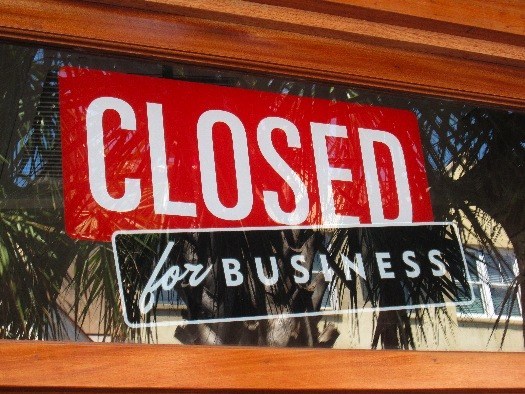If Congress Makes Daylight Saving Time Permanent – 5 Ways Americans’ Lives Will Change
The U.S. Senate approved the Sunshine Protection Act in March 2022, with the goal of making daylight saving time permanent starting in November 2023. If that happens, the U.S. will never again “spring forward” or “fall back.”
Following the Senate’s vote and a recent hearing in the House Subcommittee on Consumer Protection and Commerce – at which I testified – the subcommittee is now considering the issue. The full House of Representatives will need to vote in support of permanent DST before the bill goes to President Biden’s desk for his signature.
In my research on DST, I have found that Americans don’t like Congress messing with their clocks. However, the move to DST year-round makes a lot of sense.
In an effort to avoid the biannual time change in spring and fall, some DST critics ha...


